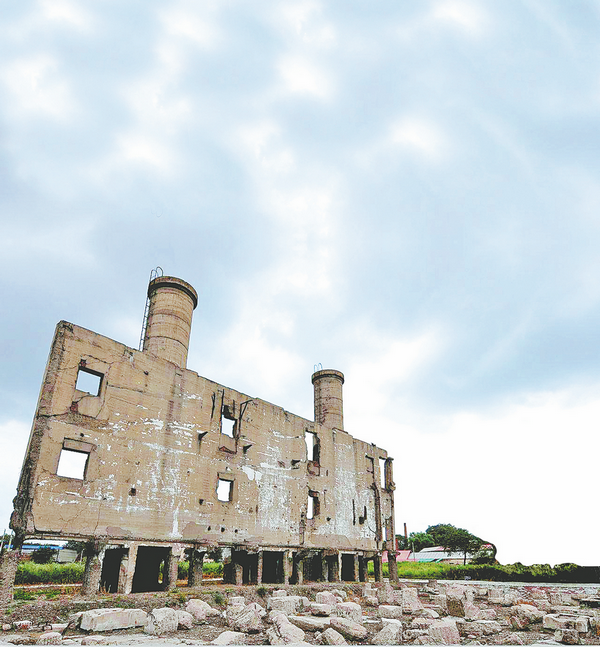

Although the same court ruled that postwar Sino-Japanese treaties prevented any compensation for the victims, its verdict was upheld by the Tokyo High Court in 2005 and by the Japanese Supreme Court in 2007, by which time 24 victim-plaintiffs had died.
"In 1998 Harris flew to Tokyo at the invitation of our Japanese lawyers' group, taking with him vast quantities of photocopied documents he had collected from US archives and elsewhere that could be of use to us,"Wang said. "I last met him in March 2002 in China, when I traveled with him and two US medical scientists to Zhejiang province to conduct research on victims of Japan's anthrax/glanders attack in 1942."
The same trip, the last one of Harris' 12 trips to China, also brought the three Americans to Wang's ancestral home in Yiwu, Zhejiang province, where a Tragedy Memorial Pavilion that listed the names of more than 1,000 plague victims in the county reduced them to tears. Wang led his guests through a gray-brick Buddhist temple with bare concrete floors, where in 1942 Japanese wearing white coats and masks dissected the infected villagers lured there by the lie that these men were doctors offering treatment.
The declassification of the Tokyo Trial documents, as well as intelligence documents generated by MacArthur's occupation authority and their communications with Washington, first started in the mid-1970s, following denunciation by the administration of President Richard Nixon of the offensive biological weapons program and improved relations with China.
In the late '80s and '90s more and more world media became interest-ed in Unit 731 history as an increasing number of repentant former unit members decided to come forward. Against this backdrop Harris published the first edition of his book in 1994, painstakingly combing through all declassified information, which he then augmented with the knowledge he acquired through special contacts within the US military and government.
Among those Harris inspired was Barenblatt, who, for his 2004 book, traveled to China and Japan many times, and had many long phone conversations with Wang, whom he called "one of the primal forces of nature".
The research also took Barenblatt, Harris' and Guillemin's fellow Harvard graduate, to a New York library where he discovered "a fragile old tome" with the title Materials on the Trial of Former Servicemen of the Japanese Army Charged with Manufacturing and Employing Bacteriological Weapons. The last time the book, a partial transcript of the 1949 war crimes trial of their captured Japanese medical scientists and military officers held by the Russians in the Siberian city of Khabarovsk, was checked out by anyone before Barenblatt had been in 1979.